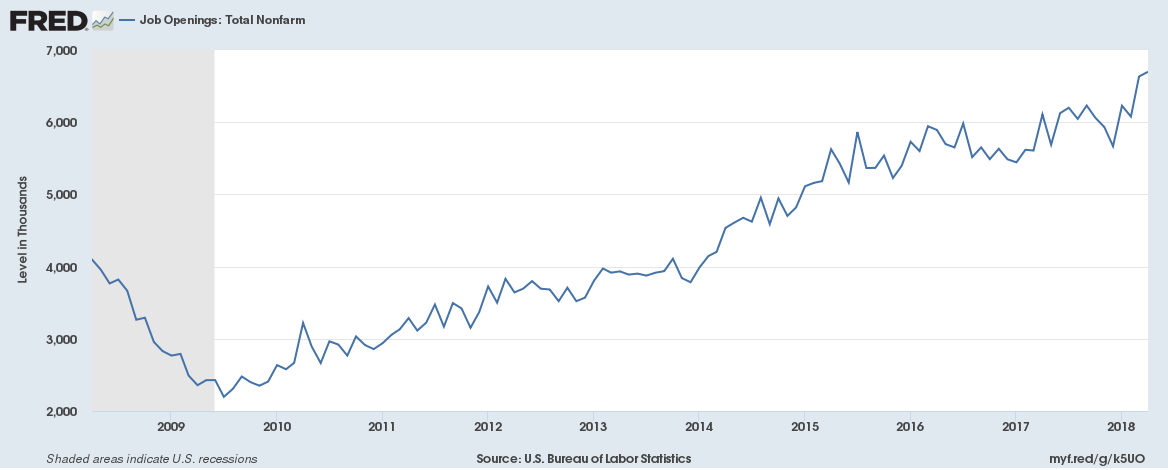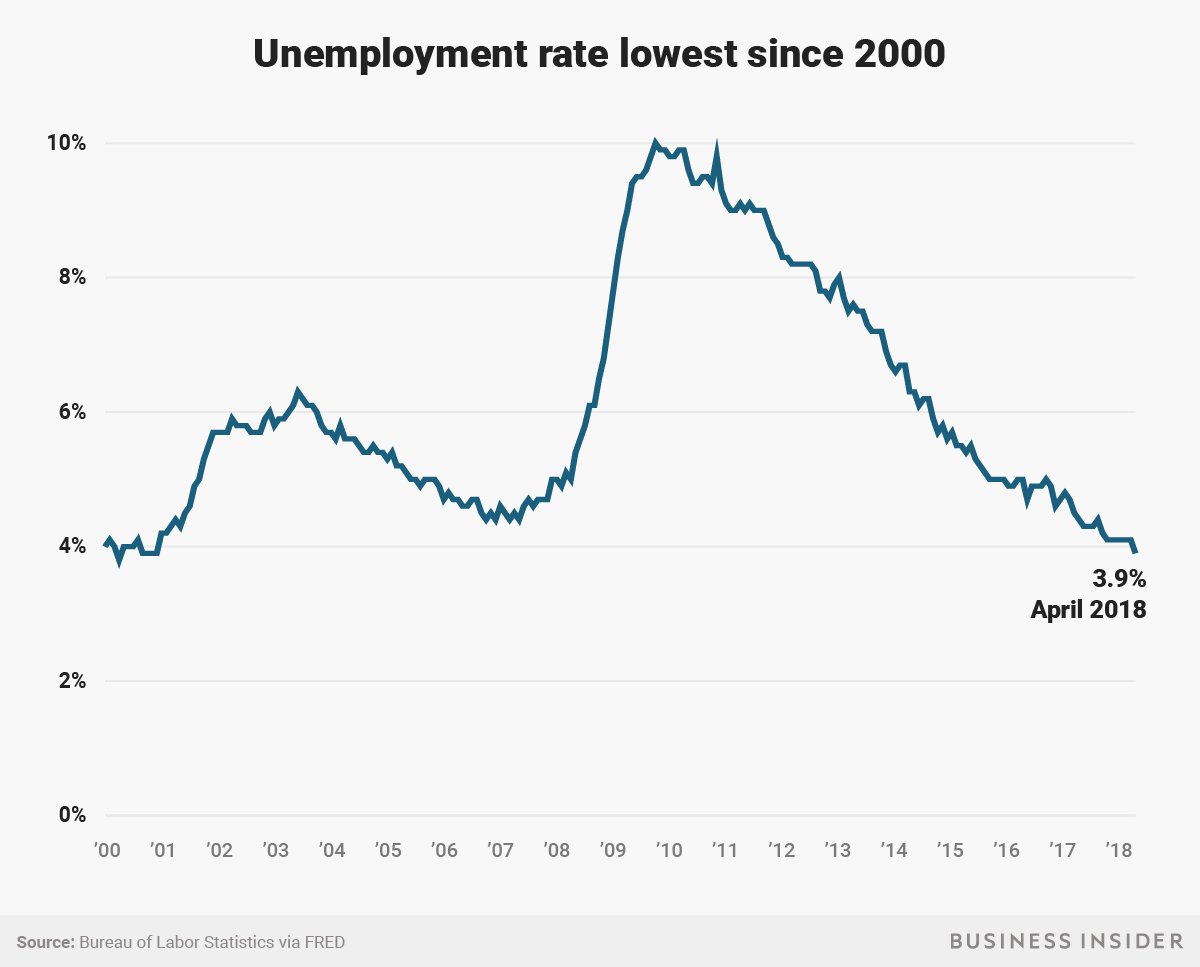A few years back the quote 'Every company is a technology company' made the rounds on social media and in presentations on the workplace, the future of work, and in probably too many TED talks to try and compile.
But while some work and workplace sayings, at least to me, don't necessarily become any more true just because they are repeated all the time, ('Culture eats strategy for breakfast', I am looking right at you), this notion of just about every kind of organization becoming much more reliant, dependent, and committed to more and more advanced technologies as a means to survive, compete, and thrive still seems valid to me.
Can you think of any business, small, medium, or large, that has not had its processes, products, services, communications, administration, customer service, and marketing significantly impacted by new technology in the last decade? Aside from perhaps a few of the very smallest, local service businesses, I can't really think of any. And even those kinds of places, say like a local barbershop or pizza joint, are likely to have a 'Follow us on Facebook' or a 'Find us on Yelp' sticker in the window.
I thought about this idea, of every company being a technology company, again recently when I saw this piece on Business Insider - 'Goldman Sachs made a big hire from Amazon to lead its Artificial Intelligence efforts'. While it isn't surprising or revealing at all to think of a giant financial institution like Goldman being transformed by technology like so many other firms in all industries, this specific focus on AI technology is I think worth noting.
Here's an excerpt from the piece:
Goldman Sachs has hired a senior employee from Amazon to run the bank's artificial-intelligence efforts.
Charles Elkan has joined Goldman Sachs as a managing director leading the firm's machine learning and AI strategies, according to an internal memo viewed by Business Insider.
Elkan comes from Amazon, where he was responsible for the Artificial Intelligence Laboratory at Amazon Web Services, according to the memo. He previously led the retailing giant's Seattle-based central machine-learning team.
"In this role, Charles will build and lead a center of excellence to drive machine learning and artificial intelligence strategy and automation, "Elisha Wiesel, Goldman Sachs' chief information officer, wrote in the memo. "Charles will work in partnership with teams across the firm looking to apply leading techniques in their businesses."
The key element I think to the announcement of Goldman's new AI hire is meant to work with groups across the entire business in order to find ways to apply AI and Machine Learning technologies. Almost as if Goldman is not looking to create the 'AI Department' akin to the classic 'IT Department' that exists in just about every company, but rather to find ways to infuse specific kinds of tech and tech approaches all over the company.
And thinking about AI in that way, much differently to how most companies have looked at most of the major technological advances in the past is what leads me back to the question and title of the post. If the Goldman, (and plenty of other companies too) example of looking for ways to embed AI technology and techniques all across their businesses, then it is not really a stretch to suggest at least in some ways they are seeking to become 'an AI company' at their core.
What's been the most significant single technology advance in the last 25 years or so that has done more to change how work and business get done?
Email?
The web?
Mobile phones?
Probably some combination of these three I would bet. And has any company you have known decided to 'brand' or consider themselves 'an email company?' Or a 'mobile phone' company?
Not really, these were just tools to try and get better, more efficient, more profitable being whatever kind of company they really were.
So I think the answer to the 'AI question' for Goldman, or for anyone else going all in with AI at the moment is 'No', we aren't really trying become an Artificial Intelligence company. We probably should just consider AI and its potential as just another set of tools that can be leveraged in support of what it is we are really trying to do.
Even if it is tempting to try and create the latest management/workplace axiom.
Have a great week!


 Steve
Steve




